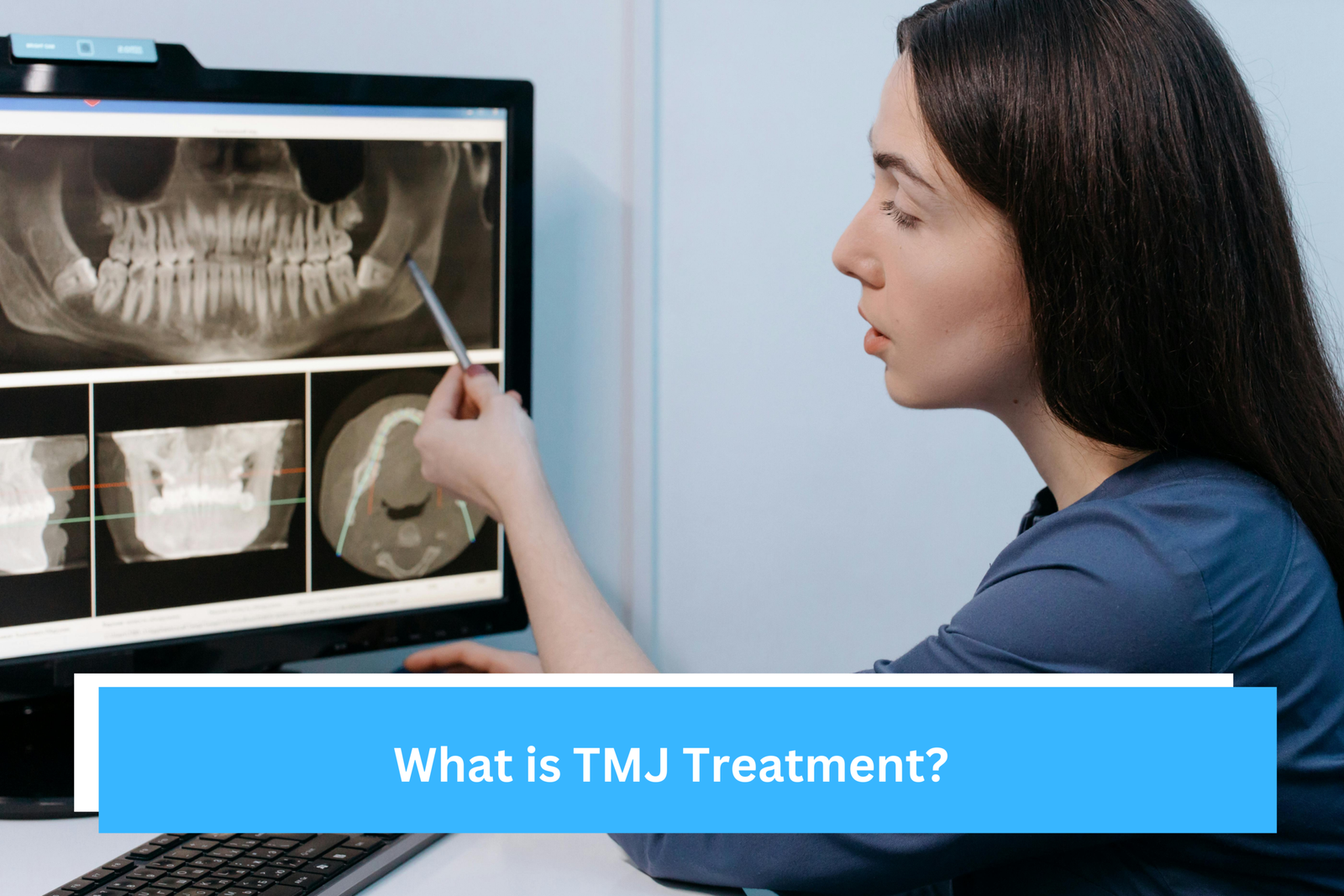In this blog, we’ll explore the most common causes of morning neck pain, discuss how poor posture, pillow choice, and stress play a role, and share effective ways to relieve and prevent neck pain naturally.
Table of Contents
ToggleWhy Neck Pain Happens After Sleeping
Neck pain after waking up is primarily caused by poor sleeping habits, such as sleeping in an awkward position or using an unsupportive pillow, which strains neck muscles. Other factors include prolonged poor posture during the day, underlying conditions like osteoarthritis, or general muscle tension from stress. While these issues may seem minor, they can create chronic strain over time if not corrected.
Let’s look at the main causes of neck pain after waking up in detail.
1. Poor Sleep Posture
One of the most frequent reasons for neck pain in the morning is poor sleep posture. The way you position your body during sleep directly affects your spinal alignment.
Sleeping on your stomach, for example, forces your neck to twist to one side for an extended period. This unnatural position puts strain on the neck muscles and joints, leading to stiffness or pain when you wake up.
Tip: Try sleeping on your back or side instead. These positions maintain a neutral spine alignment and reduce unnecessary pressure on your neck.
2. Unsupportive Pillow
Your pillow plays a crucial role in supporting your neck while you sleep. An unsupportive pillow that’s too high, too flat, or too soft can fail to maintain the natural curve of your spine. This forces your neck muscles to work overtime to stabilize your head, leading to discomfort and stiffness in the morning.
If your pillow compresses easily or doesn’t rebound, it’s likely not offering enough support. Orthopedic or memory foam pillows are great options because they contour to your neck’s natural shape, keeping your spine aligned throughout the night.
Key Tip: Use a pillow that keeps your neck and spine aligned and consider the firmness of your mattress for overall body support.
3. Poor Daytime Posture
Bad posture doesn’t just affect you while awake—it follows you into your sleep routine too. Spending long hours in a forward-head position, common when using computers or smartphones, can lead to muscle fatigue and tension. This constant strain causes your neck muscles to become tight, making morning stiffness more likely.
If you work at a desk all day, your neck muscles may remain tense overnight, leading to pain after waking up.
Prevention Tip: Be mindful of your posture throughout the day. Keep your computer screen at eye level, avoid slouching, and take short breaks every hour to stretch and move around.
4. Muscle Tension and Stress
Emotional stress is often overlooked as a cause of neck pain. When you’re anxious or under pressure, your body reacts physically by tightening muscles, particularly around the neck and shoulders. You may even clench your jaw unconsciously during sleep, which worsens neck tension.
Over time, this muscle tension builds up and can cause morning pain that feels like a stiff or sore neck.
Relaxation Tip: Practice relaxation techniques, such as deep breathing, meditation, or gentle stretching before bed. This can help reduce physical tension and promote a more restful night’s sleep.
5. Underlying Medical Conditions
Sometimes, neck pain after waking up is more than just bad sleep posture or tension. Underlying medical conditions like osteoarthritis, a herniated disc, or cervical spondylosis can also contribute to morning neck pain. These conditions cause inflammation and nerve irritation, which may feel worse after long periods of inactivity, such as during sleep.
If your pain is persistent, radiates to your arms, or is accompanied by numbness or weakness, it’s important to seek medical attention.
When to See a Doctor: If the pain is severe or doesn’t improve, a healthcare professional can identify underlying issues and recommend appropriate treatment options, such as physical therapy or targeted exercises.
6. Sleeping Environment and Temperature
Your sleeping environment can also affect your neck health. A cold room or direct exposure to an air conditioner or fan can cause your neck muscles to stiffen overnight. Sudden temperature drops tighten muscles, making them less flexible and more prone to pain in the morning.
Pro Tip: Keep your bedroom comfortably warm and avoid letting cool air blow directly on your neck while you sleep.
7. Mattress Quality and Sleeping Surface
A sagging or overly firm mattress can misalign your spine and cause pressure points that strain the neck. Just like your pillow, your mattress should provide consistent support to the natural curves of your body.
If your mattress is more than eight years old or visibly uneven, it may be time to replace it. A medium-firm mattress usually provides the best support for most people.
How to Prevent Neck Pain After Waking Up
Now that we’ve covered the main causes, let’s explore practical ways to prevent morning neck pain and enjoy more restful, pain-free sleep.
1. Evaluate Your Sleeping Setup
Choose a pillow that supports your neck’s natural curve. Memory foam or contour pillows are ideal.
Ensure your mattress is firm enough to support your body evenly.
Sleep on your back or side instead of your stomach to keep your neck aligned with your spine.
2. Improve Your Daytime Habits
Maintain proper posture when sitting or using devices.
Take frequent breaks to stretch your neck and shoulders.
Incorporate simple neck exercises or yoga stretches into your routine to strengthen neck muscles.
3. Manage Stress
Practice relaxation techniques such as deep breathing, meditation, or progressive muscle relaxation before bed.
Avoid caffeine or heavy meals before sleeping, as they can increase restlessness and muscle tension.
4. Maintain a Healthy Sleep Environment
Keep your bedroom at a comfortable temperature.
Avoid using high pillows or multiple cushions that elevate your neck excessively.
Consider using ergonomic bedding accessories, like cervical pillows or adjustable beds.
5. Consult a Professional
If your pain continues for more than a few days or interferes with your daily activities, consult a doctor or physical therapist. They can assess for underlying medical conditions and recommend tailored treatments such as massage therapy, chiropractic care, or specific exercises to strengthen neck muscles.
When to Worry About Neck Pain
Occasional neck pain after sleeping is normal, but persistent or severe pain could indicate something more serious. See a doctor if you experience:
Numbness or tingling in your arms or hands
Radiating pain to shoulders or back
Loss of mobility in the neck
Persistent stiffness lasting more than a week
Early diagnosis helps prevent chronic issues and ensures effective treatment.
Final Thoughts
Neck pain after waking up can be disruptive, but the good news is that in most cases, it’s easily preventable. By improving your sleep posture, choosing an appropriate pillow and mattress, and maintaining healthy daytime habits, you can significantly reduce your risk of waking up with a stiff or sore neck.
Remember, small adjustments—like using a supportive pillow, stretching regularly, and managing stress—can make a big difference in how you feel each morning.
And if the pain doesn’t improve, don’t hesitate to consult a professional to identify and address any underlying causes.



